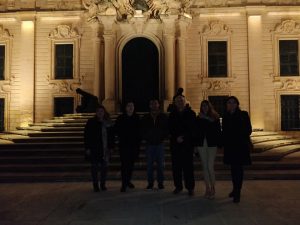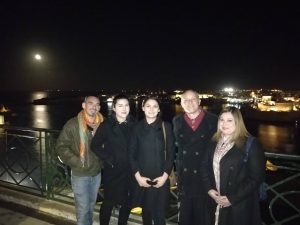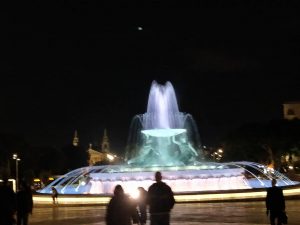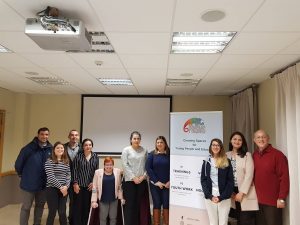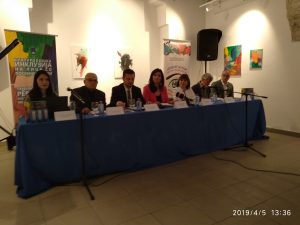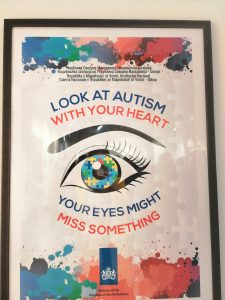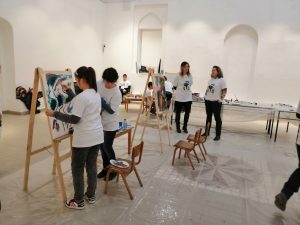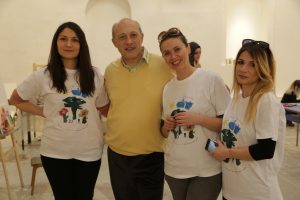Facebook
Linkedin
Email
Whatsapp
Natasha Mateska1, Vladimir Trajkovski2
1unemployed special educator
2University “Ss. Cyril and Methodius”, Faculty of Philosophy, Institute of Special Education and Rehabilitation, Skopje, Republic of Macedonia
Introduction: Autism is a diagnose that affects every member of the family in different ways. Parents should focus a bigger part of their attention toward the autistic child, which can cause a stressful effect in the family as well as outside the family.
Aim of the study: To determine the stress that parents of autistic children face with compared to parents of children with cerebral palsy.
Methodology: The entire sample includes 90 respondents, of which 45 parents of autistic children and the rest 45 parents of children with cerebral palsy. The survey was conveyed using a questionnaire and methods of descriptive and comparative analysis were used. The comparison of the groups of surveyed was analyzed by using χ2 test and Fisher Exact test. The differences that were taken into consideration were on the level of significance p<0.05.
Results: Parents of autistic children compared with parents of children with cerebral palsy, statistically show significant difference for following variables: support from close community (χ2=7.57, df=1, p=0.006), stigmatization by family and community (χ2=5.4, df=1, p=0.02), isolation by the community (χ2=10.3, df=1, p=0.001), change in the relationship between spouses (χ2=7.53, df=1, p=0.006).
Conclusion: The parents of autistic children are faced with bigger stress in managing the everyday activities and control of life, compared with parents of children with cerebral palsy.
Key words: stress, parents, autism, cerebral palsy
Citation: Mateska N, Trajkovski V. Stress that parents of autistic children and parents of children with cerebral palsy face. Book of abstracts ‡ 9th International Scintific Conference – „Special Education and Rehabilitation Today“. Belgrade, September 25-27, 2015; 31.
